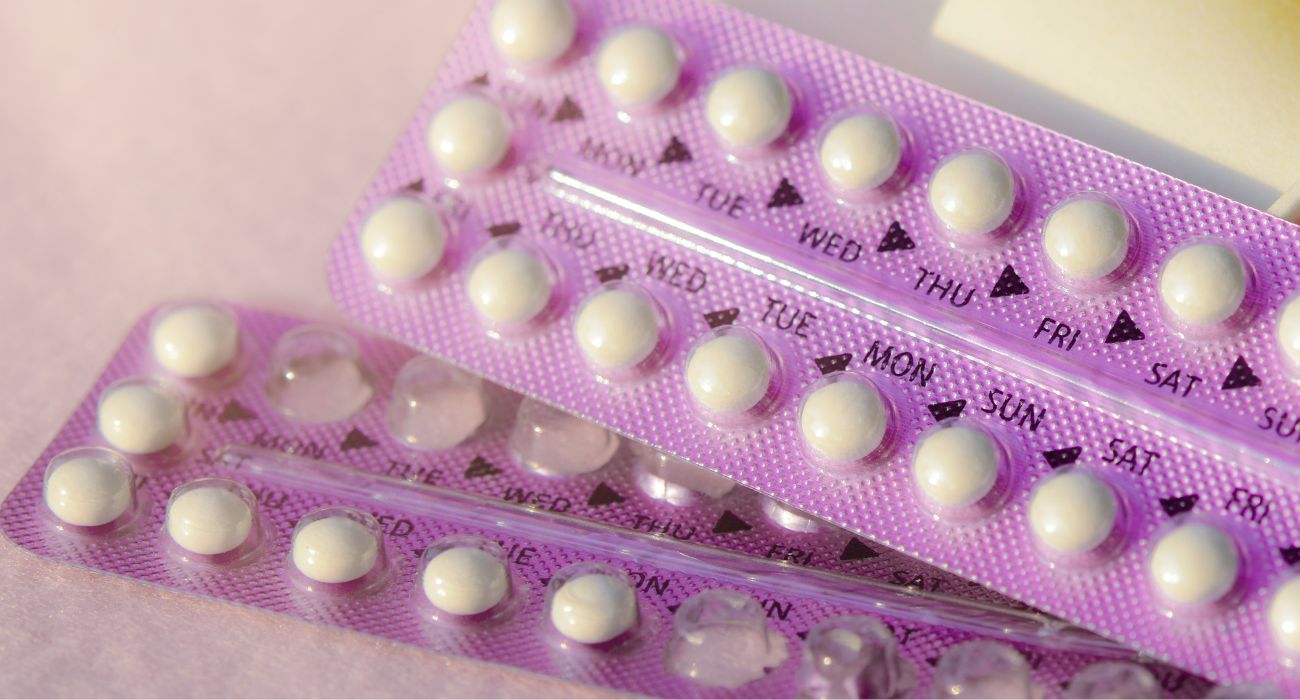The United States Food and Drug Administration (FDA) will be considering a bid from a foreign pharmaceutical company to permit the nonprescription, over-the-counter sale of a contraceptive pill.
The FDA public notice explained that “the committees will discuss supplemental new drug application … for OPILL (norgestrel) Tablet, 0.075 mg, submitted by Laboratoire HRA Pharma.”
“OPILL is proposed for nonprescription use as a once daily oral contraceptive to prevent pregnancy,” the notification continued.
The Opill from HRA Pharma originally earned approval from the FDA for prescription-only uses in 1973. HRA Pharma is a French subsidiary of the company Perrigo. Perrigo is an American company now headquartered in Ireland.
The application for over-the-counter use was first made in July 2022, at which time HRA Pharma representative Frédérique Welgryn said, “This historic application marks a groundbreaking moment in contraceptive access and reproductive equity in the U.S.”
“Moving a safe and effective prescription birth control pill to OTC will help even more women and people access contraception without facing unnecessary barriers,” he said.
Although the initial meeting to review the application was initially scheduled for November 2022, it was postponed by the FDA in October “in order to review additional information requested related to the Opill,” according to a company press release.
Perrigo recently announced, however, that the FDA had rescheduled the review for May 9 – 10.
Welgryn explained, “Women’s needs are nuanced, and it’s about time their health options reflect that.”
“At Perrigo, we’re not only committed to prioritizing women’s health — we’re committed to being active champions for it,” he continued.
Current FDA information notes that “Progestin-only oral contraceptives such as Opill Tablets prevent conception by suppressing ovulation in approximately half of the cycles in users, thickening the cervical mucus to inhibit sperm penetration, lowering the midcycle LH and FSH peaks, slowing the movement of the ovum through the fallopian tubes, and altering the endometrium.”
Side effects include ectopic pregnancies and ovarian cysts, with the FDA further identifying that “irregular menstrual patterns are common among women using Opill Tablets.”
Contraceptive use has remained controversial, however, and religious and anti-abortion groups suggest the pills are not acceptable.
Catholic Answers explained that “contraception is wrong because it’s a deliberate violation of the design God built into the human race, often referred to as ‘natural law.’”
Furthermore, the organization added that “recent studies reveal a far greater divorce rate in marriages in which contraception is regularly practiced than in those marriages where it is not. Experience, natural law, Scripture, Tradition, and the magisterium, all testify to the moral evil of contraception.”
In a similar vein, the activist group Students for Life drew a distinction between abortifacient and non-abortifacient drugs.
“Because our mission is to abolish abortion, Students for Life of America does not take a stance on the morality of non-abortifacient contraceptives. But we are formally opposed to abortifacient varieties,” the group explained.
They also suggest that “birth control hasn’t lowered the abortion rate” and that it “disrespects women,” pointing out that some contraceptives have significant side effects.
The Dallas Express reached out to Students for Life for additional comment on the issue but did not hear back prior to publication. Live Action and Avow Texas were also contacted for comment.







Great. All we need is nut job men having easy access to over the counter hormones. I can not count the number of gay men who think that they are women that I have run across over the years who take as many bith control pills as they can find in their efforts to “Transition”. If you know what to look for they are easy to spot. Weight gain that makes them start to get round, enlarged backsides, and man boobs.
Not sure why Catholics are concerned about this. I would think that their “good” Catholics wouldn’t take them, right? I’ve known some Catholics in my lifetime. One friend in particular had only one child even though married for many years. There’s some kind of birth control being used somewhere. I’m sorry, but the rhythm method is STILL a form of birth control. So is abstaining, if you want to get technical. And there are already many over-the-counter birth control methods, and the church has no control over that. I would say it’s up to the church member’s conscience and none of the church’s business. In my great grandparents day, it was typical to have anywhere from 7-14+ children. That’s what no birth control looks like. As a matter of fact, the Catholics having all those chaste priests and nuns…doesn’t that in itself go against their teachings? Those people are not producing and are keeping souls from being born. (Let’s face it, that’s more economical for their church. They wouldn’t have all that money if they had to support spouses and families. Plus they want them to have large families, raising them as Catholics, to keep the money coming in for generations. I knew someone that said when he and his wife were getting married that the church wanted them to guarantee that they would raise their children in the Catholic faith. Hmm, never had a Baptist church ask that question.)
It’s certainly better than killing babies. I can’t imagine God considering birth control worse than murdering helpless infants. The Ten Commandments doesn’t say anything about birth control being wrong, but it does say, “Thou shalt not kill”.